We provide the best products in the stainless steel industry. Our customers know they can trust us for quality, affordability, and convenience. Our multiple locations make it easy to get what you need within days!

Cada Stainless is a distributor of stainless steel in strip, coil & sheet. All grades of stainless steel available- annealed, tempered in 301,302,304,316, straight and L grades, 17/4, 17/7, 420,430,440, temper rolling to specific thicknesses & tolerances available.

Our company may have started small, but we quickly grew to handle the largest aluminum orders. Our metals are made from the highest quality materials, and we pledge to offer superior service to all our customers. We don’t want customers who use us one time, we want to establish lifelong relationships with customers that last generations. Contact us for more info!

At Millennium Metals, LLC, we specialize in providing high-quality stainless steel products to meet the diverse needs of our customers across a wide range of industries. We take pride in offering an extensive inventory of stainless steel grades, shapes, and sizes, ensuring our clients have access to the materials they need, exactly when they need them.

At Alliant Metals, we dedicate ourselves to supplying high-quality stainless steel products and tailored services that meet the demands of a wide range of industries. As specialists in stainless steel, we work closely with our customers to deliver material that aligns with their exact specifications, whether the need is for standard stock or custom-cut solutions.

More Stainless Steel Plate Manufacturers
Many manufacturers consider slabs with a thickness between 0.25inches and 0.5inches to be plates. This common stock form is occasionally used as the end product, but more typically will undergo further manufacturing processes.
Stainless steel plates are ideal for a long list of industrial parts manufacturing processes such as welding, drilling, machining, shearing and forming. Building, construction, automotive, electronics, aerospace, marine, electronics, chemical processing, residential and many other industries commonly use stainless steel plates for components ranging from pipelines to protective plating to oil rigs.
Such applications favor stainless steel plate for more than its workability. The material is well known for its superior resistance to rust, wear and corrosion even in harsh environments. Additional qualities of stainless steel plate will vary depending upon the specific grade of material used, but include tensile strength, high ductility, strength to weight ratio, impact and heat resistance, longevity and hardness. Each of these should be considered with regard for the intended use of stainless steel as should thickness, gauge thickness, overall width and overall length.
Like all stainless steel products, plates begin either as recycled or raw materials which must be heated or melted to their re-crystallization temperature, allowing the mixture to homogenize while burning out any unwanted impurities. Though the specifics vary among the dozens of grades of stainless steel, each is composed primarily of iron ore with at least 10% chromium.
The high concentration of chromium is what gives stainless steel its name and several of its most advantageous qualities. The alloyed chromium forms a "passivation" layer of chromium oxide on the surface of the stainless steel plate or other stainless product. This protective layer is what prevents staining, wear and corrosion. Smaller amounts of carbon, nickel, molybdenum, silicone and aluminum are present in various combinations.
Once thoroughly heated the material is rolled into sheets. Layers are compressed and forged into a single piece that has the desired dimensions. An alternative to this hot rolling process, steel plates may be made through cold rolling which instead forces cooled stainless steel ingots through progressively thinner rollers until the desired thickness is achieved.
Steel service centers will often perform secondary processes such as sawing, heat treating, stress relieving, annealing, normalizing, cutting, testing, milling, deburring, straightening and more to deliver sheets as close to the end product as possible.






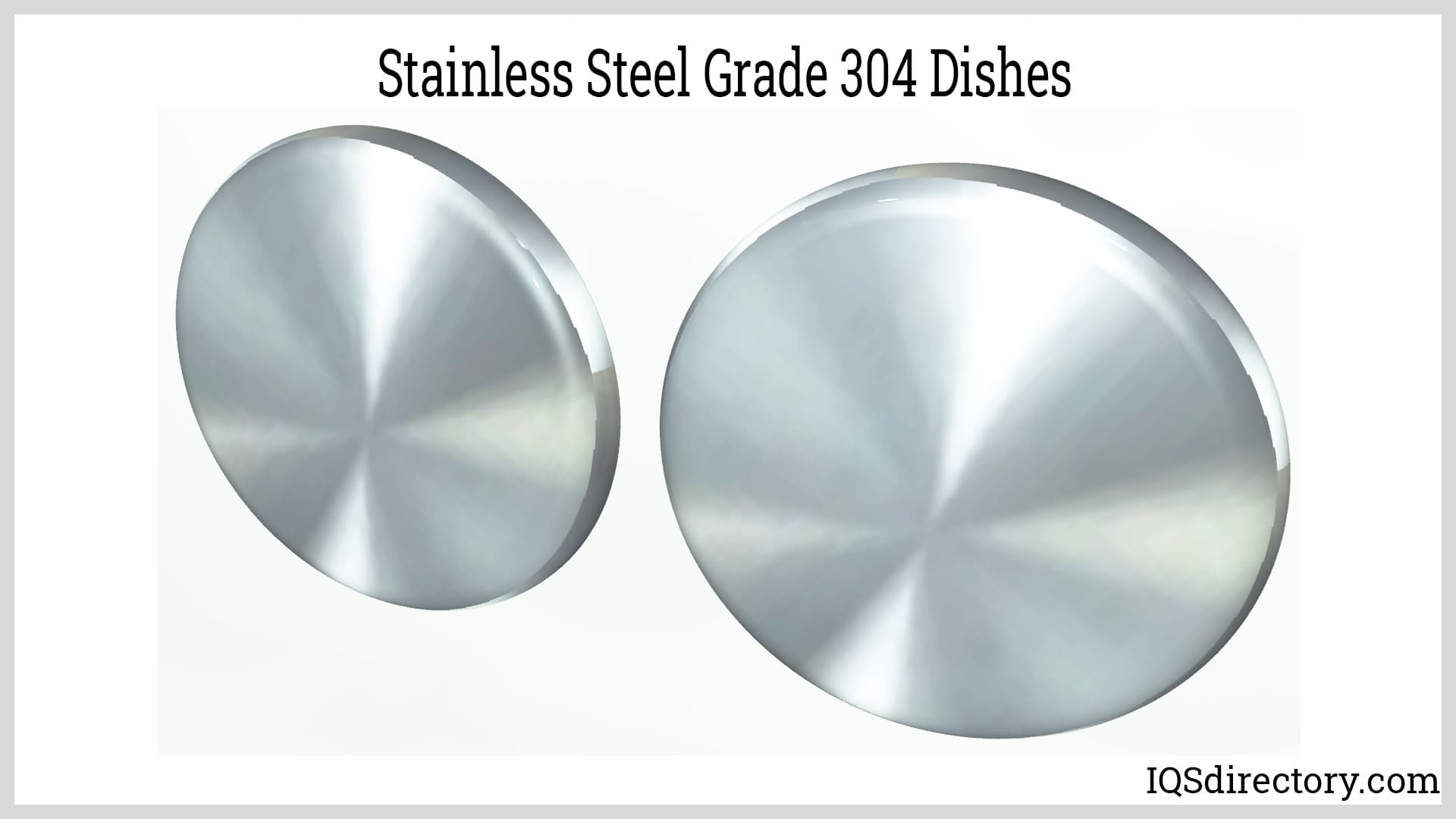
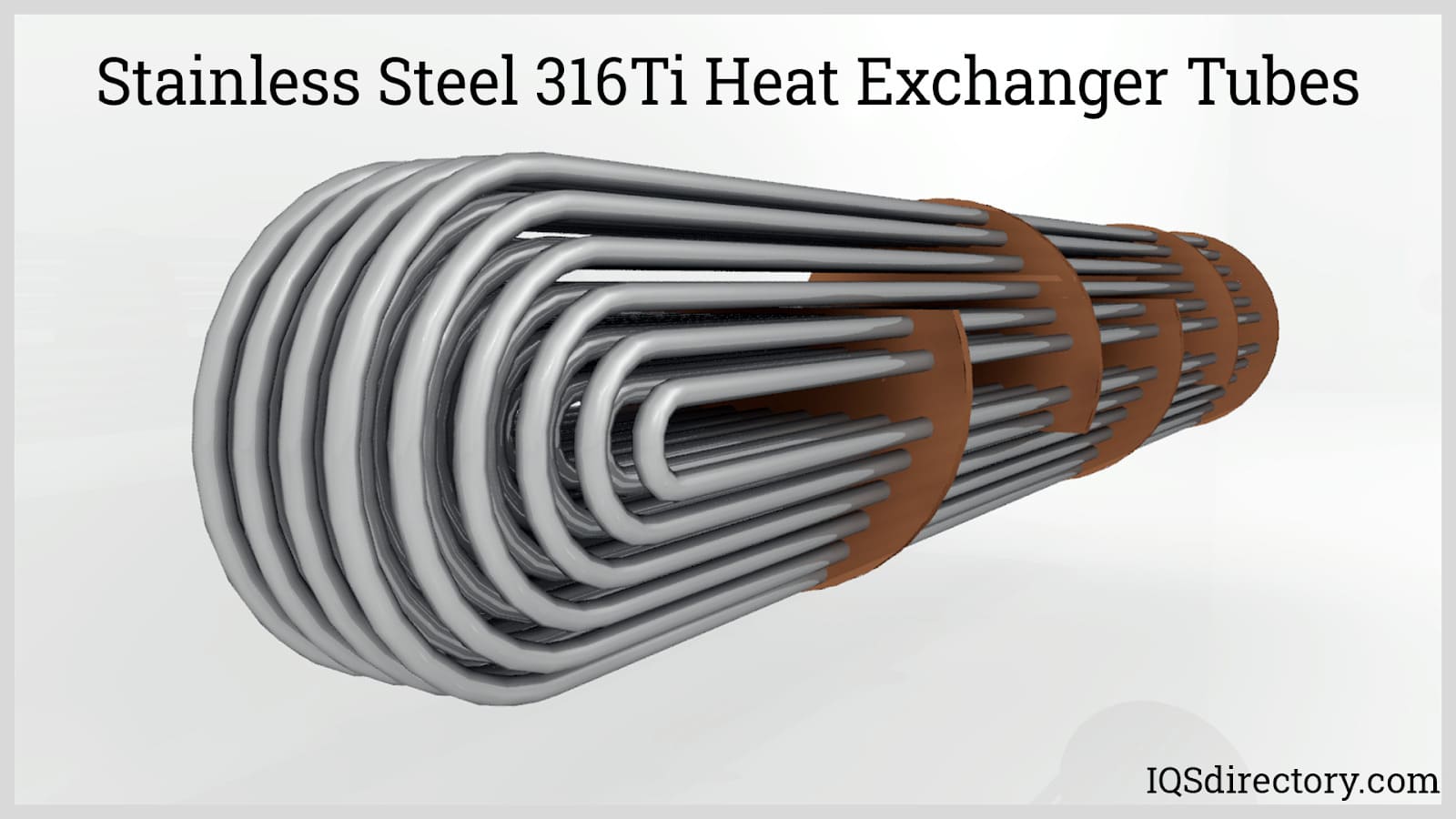
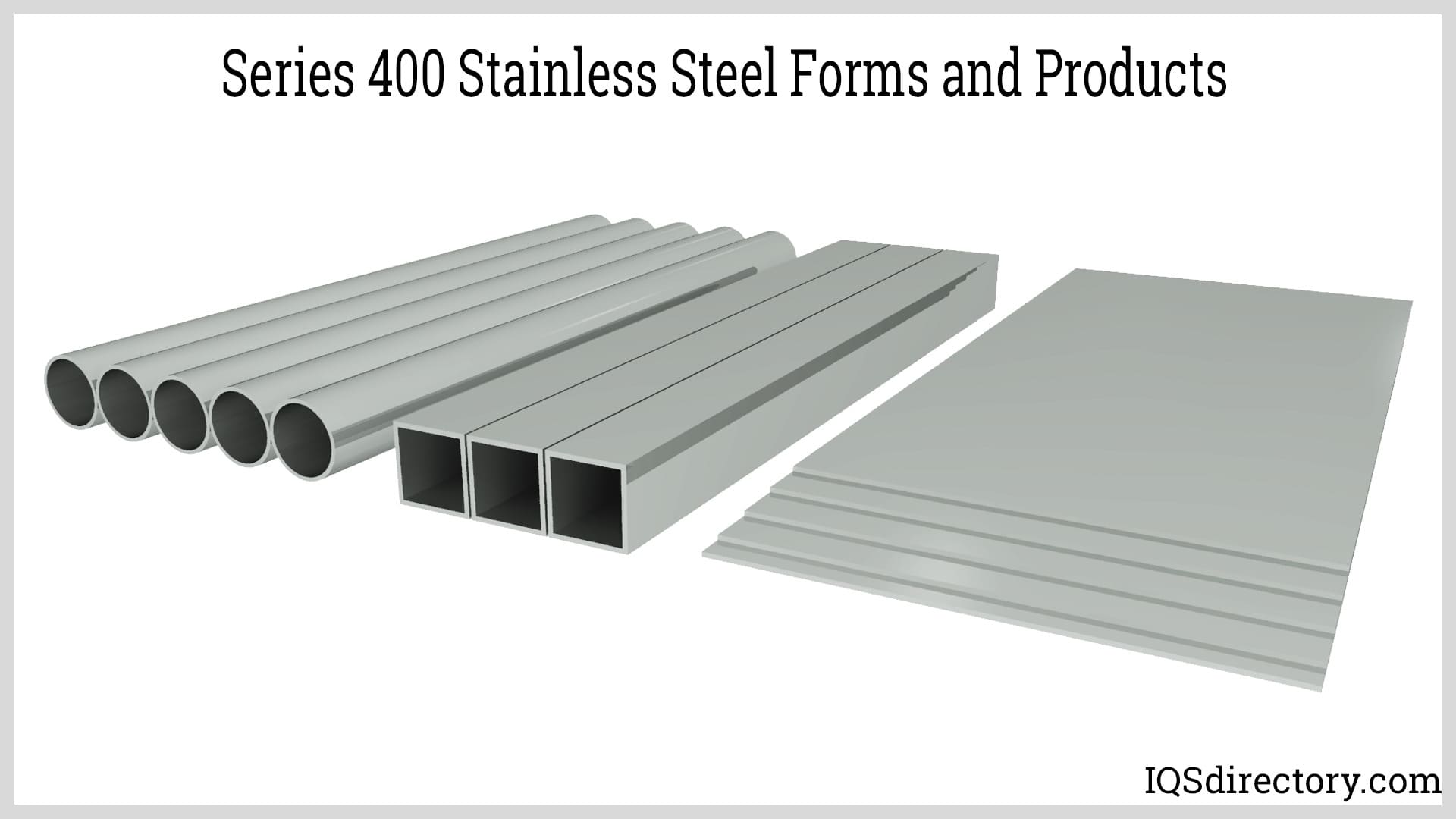

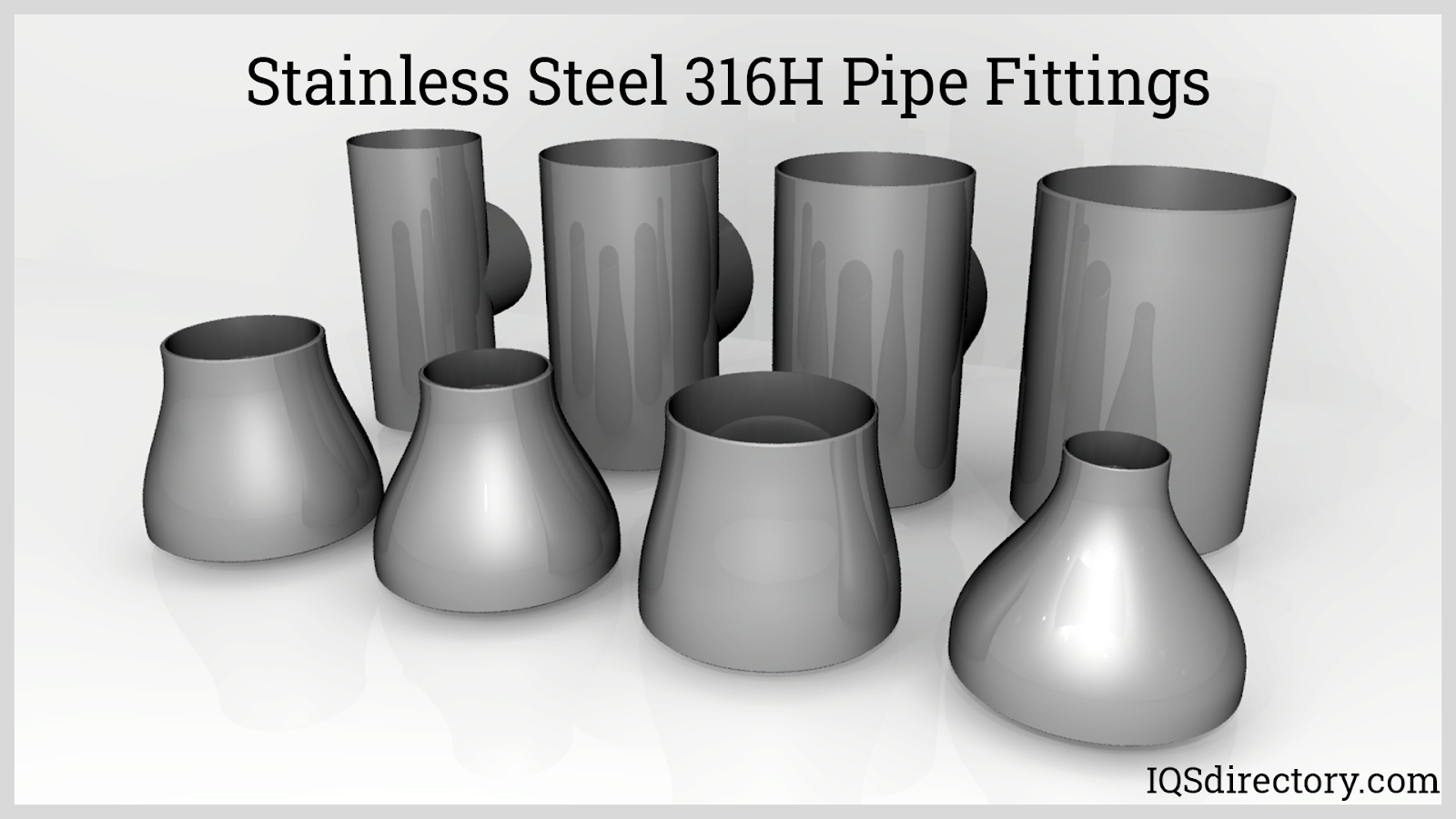


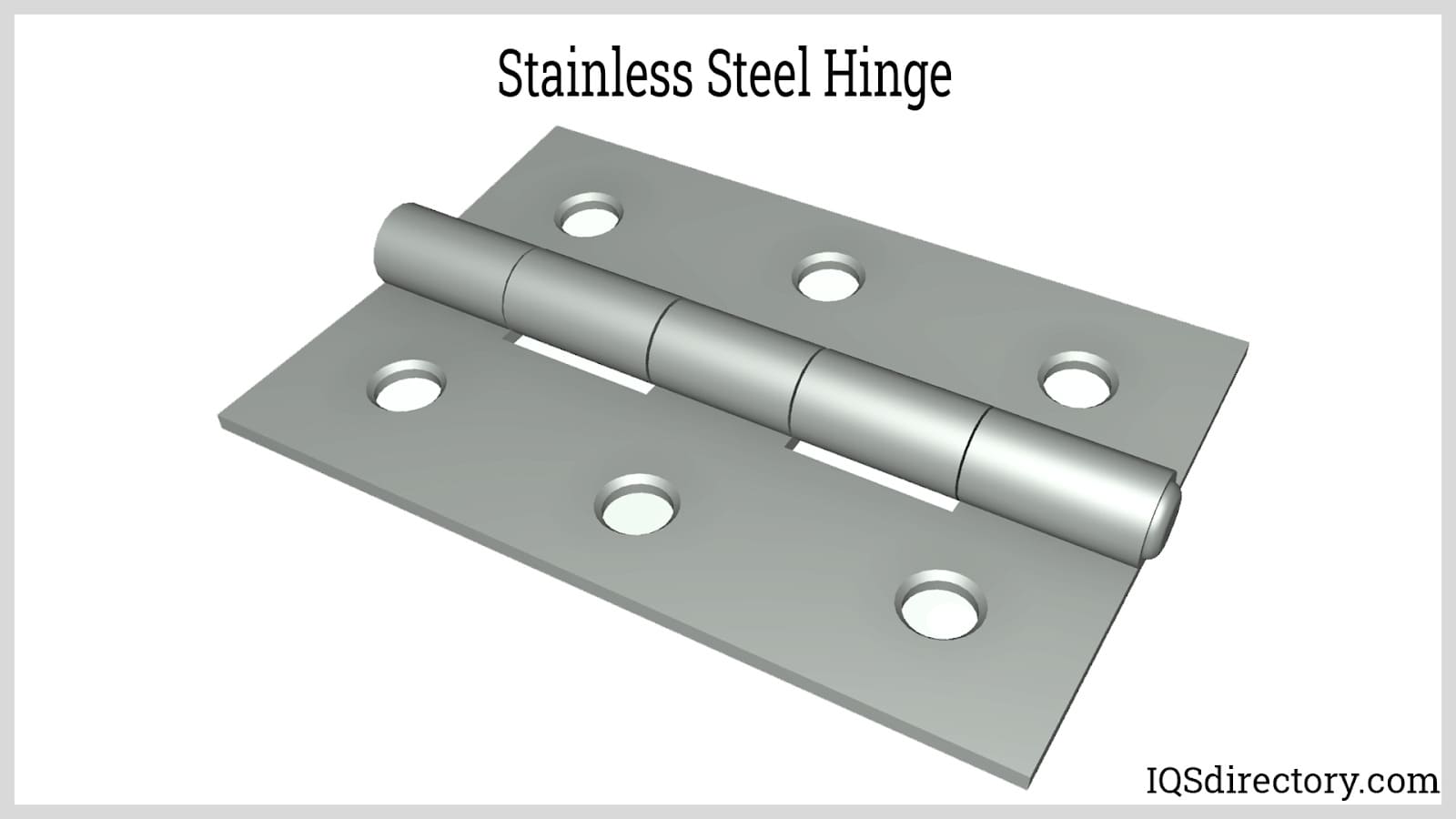
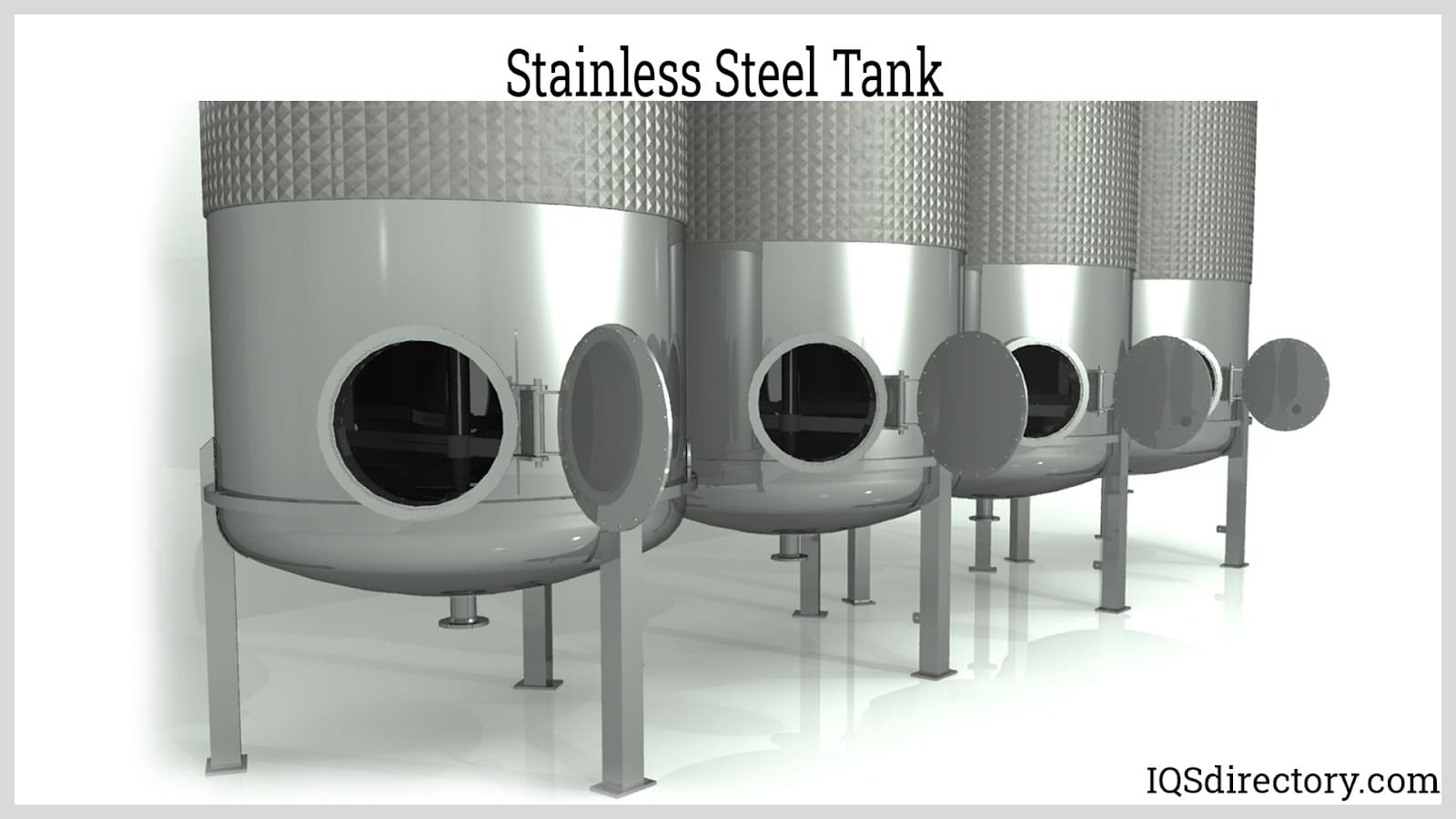
 Alloy Suppliers
Alloy Suppliers Aluminum
Aluminum Aluminum Extrusions
Aluminum Extrusions Copper-Brass-Bronze
Copper-Brass-Bronze Magnets
Magnets Nickel
Nickel Stainless Steel
Stainless Steel Stainless Steel Tubing
Stainless Steel Tubing Steel Service Centers
Steel Service Centers Titanium
Titanium Tungsten
Tungsten Wire Rope
Wire Rope Castings & Forgings
Castings & Forgings Bulk Material Handling
Bulk Material Handling Electrical & Electronic Components
Electrical & Electronic Components Flow Instrumentation
Flow Instrumentation Hardware
Hardware Material Handling Equipment
Material Handling Equipment Metal Cutting Services
Metal Cutting Services Metal Forming Services
Metal Forming Services Metal Suppliers
Metal Suppliers Motion Control Products
Motion Control Products Plant & Facility Equipment
Plant & Facility Equipment Plant & Facility Supplies
Plant & Facility Supplies Plastic Molding Processes
Plastic Molding Processes Pumps & Valves
Pumps & Valves Recycling Equipment
Recycling Equipment Rubber Products & Services
Rubber Products & Services